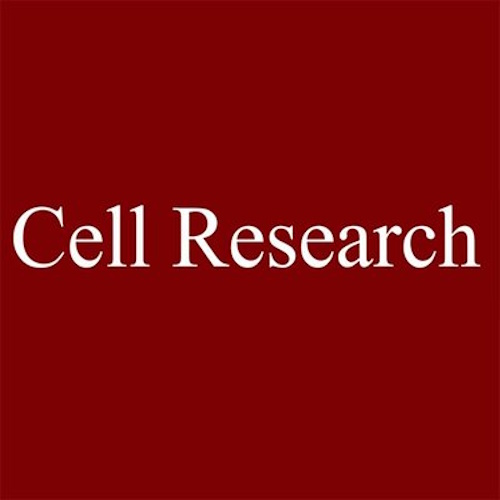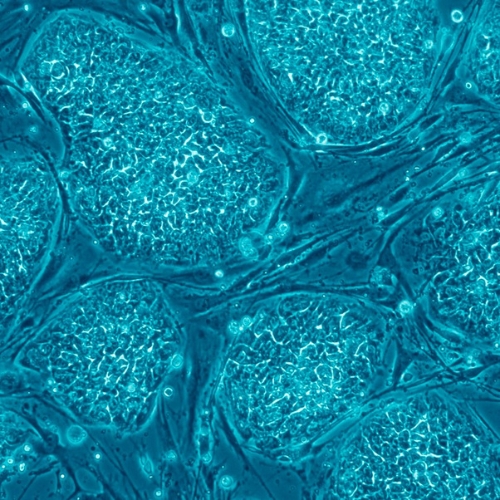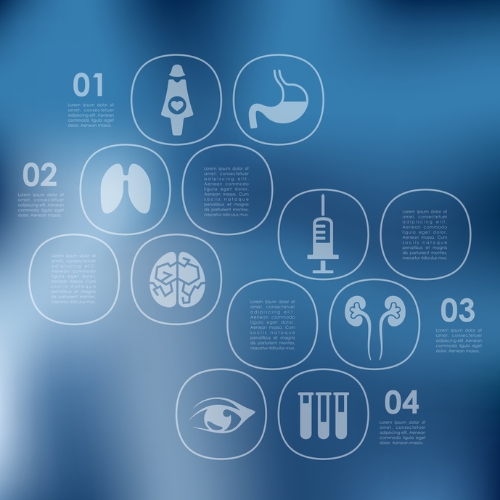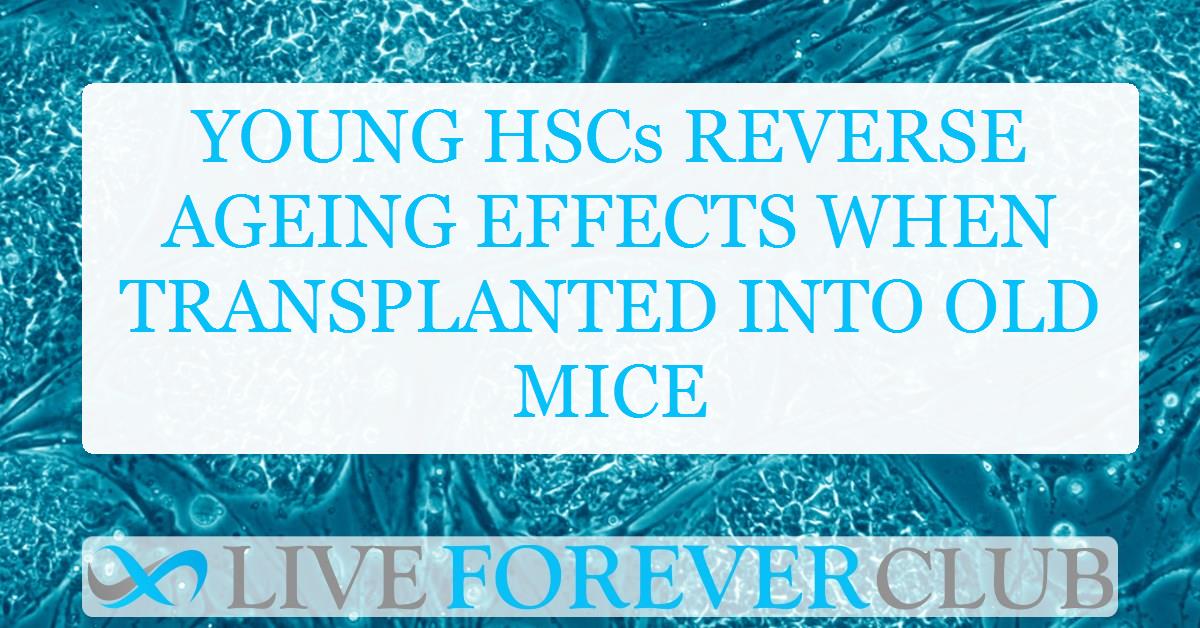Ageing is a universal process marked by the decline of tissues and organs, often leading to chronic diseases and reduced quality of life. Recent breakthroughs in ageing research, highlighted in a study published in Cell Research (2025), reveal a fascinating potential solution: hematopoietic stem cells (HSCs). These specialised cells, responsible for producing blood and immune cells, show a remarkable ability to influence systemic ageing. The study explores how targeting subsets of aged HSCs could mitigate ageing-related health issues and even extend lifespan.
Role of Hematopoietic Stem Cells in Ageing
HSCs are vital to maintaining the hematopoietic system, which comprises blood and immune cells. As we age, these cells undergo significant functional declines, including clonal expansion and a shift toward myeloid-biased differentiation, leading to compromised immune function. This study uncovers how replacing aged HSCs with younger, functional ones can reverse many ageing-related phenotypes.
Key findings include:
Young HSC Transplantation Improves Ageing Outcomes
When young HSCs were transplanted into old mice, recipients showed improved blood cell composition, enhanced immune function, and reduced epigenetic ageing. Physical capabilities such as motor coordination, muscle strength, and cognitive functions also significantly improved, underscoring the systemic impact of HSC rejuvenation.
“Younger” HSC Subsets Identified in Old Mice
Not all HSCs age equally. Through advanced single-cell RNA sequencing (scRNA-seq), researchers identified a subpopulation of "younger" HSCs in aged mice. These HSCs exhibited molecular and functional profiles akin to those of youthful cells and were marked by low levels of the surface protein CD150. In contrast, CD150high HSCs were associated with ageing and functional decline.
CD150 as a Marker of Ageing Heterogeneity
CD150 emerged as a key marker to differentiate between "younger" and "older" HSC subsets within aged populations. CD150low HSCs displayed superior differentiation potential, lower epigenetic age, and better overall functionality compared to their CD150high counterparts. This heterogeneity suggests that not all aged cells are destined for decline, offering a new angle for therapeutic strategies.
Potential Therapeutic Applications
The study goes beyond transplantation to explore practical interventions. Researchers demonstrated that selectively reducing the dysfunctional CD150high HSCs in old mice improved hematopoiesis, immune function, and physical health. This approach alleviated ageing phenotypes, showcasing the possibility of rejuvenating the hematopoietic system without the need for young HSC donors.
Key therapeutic insights include:
Selective Removal of Dysfunctional HSCs
The removal or reduction of CD150high HSCs proved sufficient to enhance the functionality of the remaining HSC pool. This opens doors to targeted therapies that rejuvenate the body by eliminating defective cells.
Lifespan Extension
Transplantation of the "younger" CD150low HSC subset led to significant increases in both median and maximum lifespan in aged mice. This underscores the profound impact that functional HSCs can have on longevity.
Implications for Human Ageing
Although the study focuses on mice, its implications for human ageing are profound. The findings suggest that targeting defective stem cell populations could mitigate ageing-related diseases and extend healthy lifespan. Practical applications might include:
Stem Cell-Based Therapies
The isolation and transplantation of functional HSC subsets could revolutionise regenerative medicine, offering solutions for age-related conditions such as immune deficiencies and anemia.
Pharmacological Interventions
Drugs or treatments that selectively reduce dysfunctional HSCs or enhance the functionality of existing cells could mimic the effects observed in transplantation studies.
Diagnostic Tools
CD150 and other identified markers may serve as biomarkers to evaluate stem cell health, allowing for early intervention and personalised anti-ageing strategies.
Challenges and Future Directions
While the study provides exciting insights, several challenges remain:
Human Applicability
Translating findings from mice to humans requires overcoming differences in stem cell biology and immune compatibility.
Ethical Considerations
Stem cell manipulation and transplantation involve complex ethical and regulatory issues, especially when sourcing cells from donors.
Long-Term Effects
The long-term safety and efficacy of interventions targeting HSCs must be thoroughly evaluated.
Future research will likely focus on refining methods to isolate and rejuvenate functional HSCs, exploring non-invasive approaches, and understanding the interplay between HSCs and other ageing mechanisms.
Conclusion
This groundbreaking study shines a spotlight on the potential of hematopoietic stem cells in reversing the effects of ageing. By identifying "younger" subsets within aged populations and targeting dysfunctional cells, researchers have paved the way for novel anti-ageing therapies. While challenges remain, the promise of extending healthy lifespan and mitigating age-related diseases brings us one step closer to unlocking the fountain of youth.
The study is published in the journal Cell Research. It was led by Yuting Wang from Boston Children’s Hospital, Boston.







